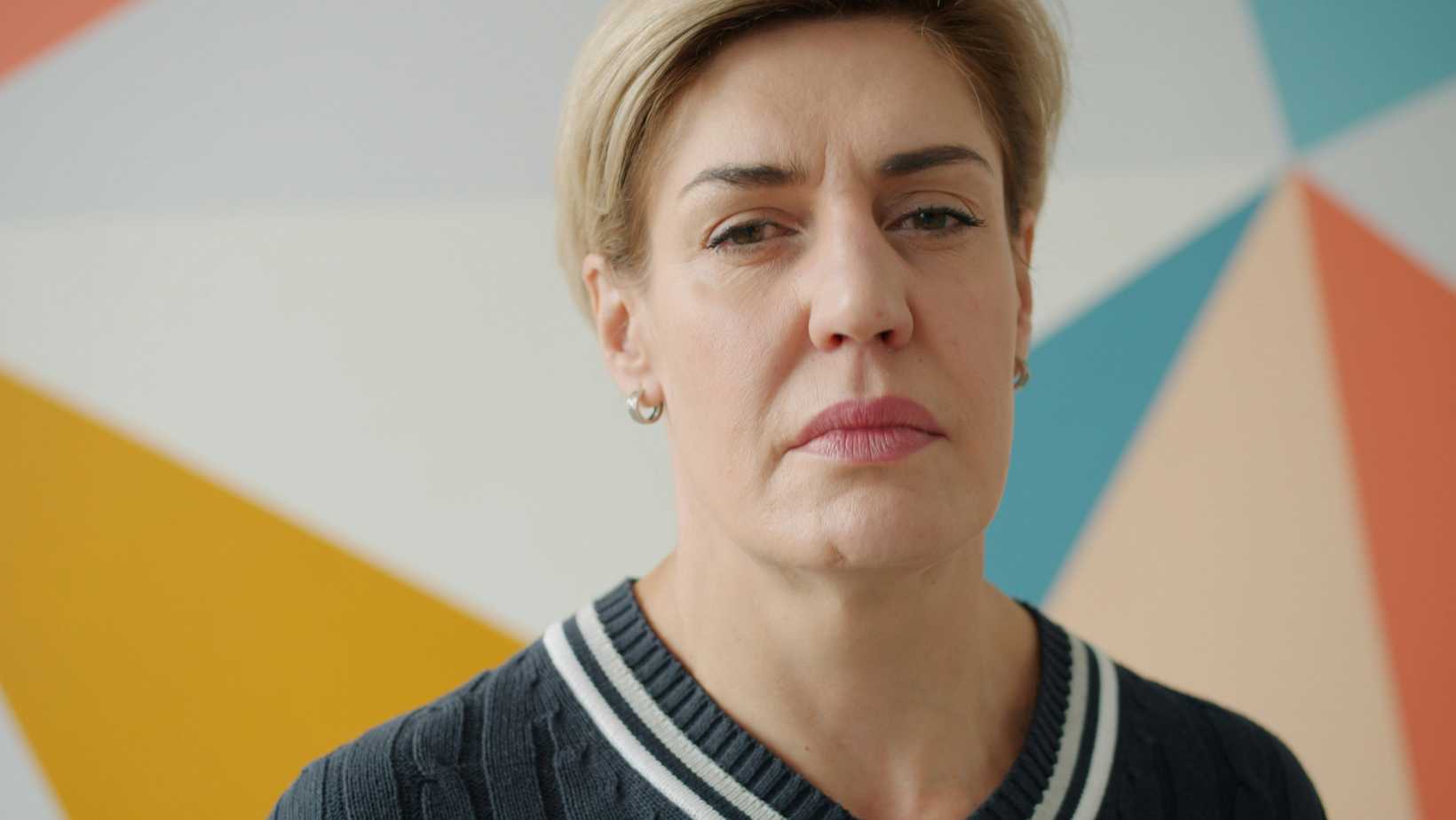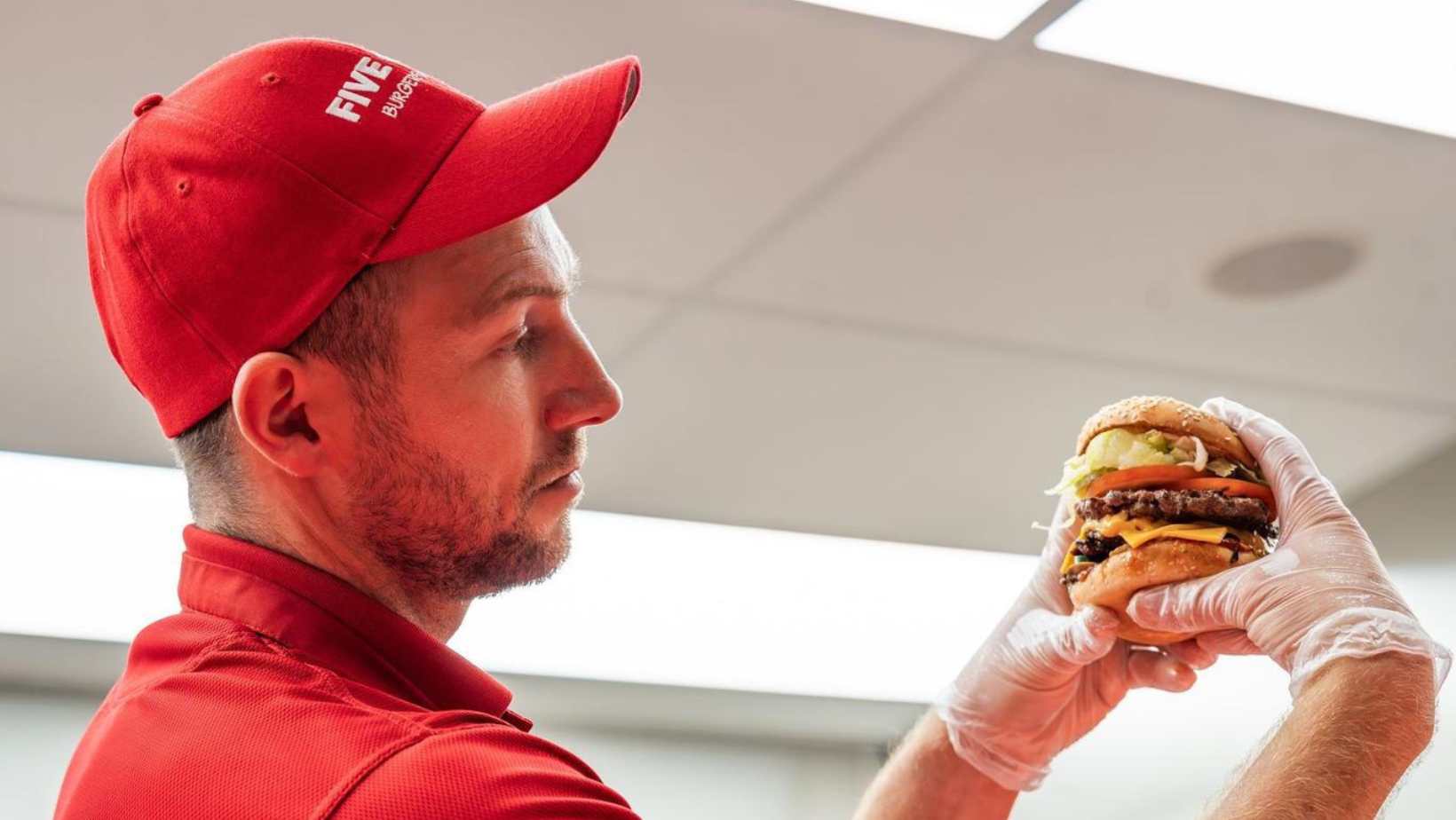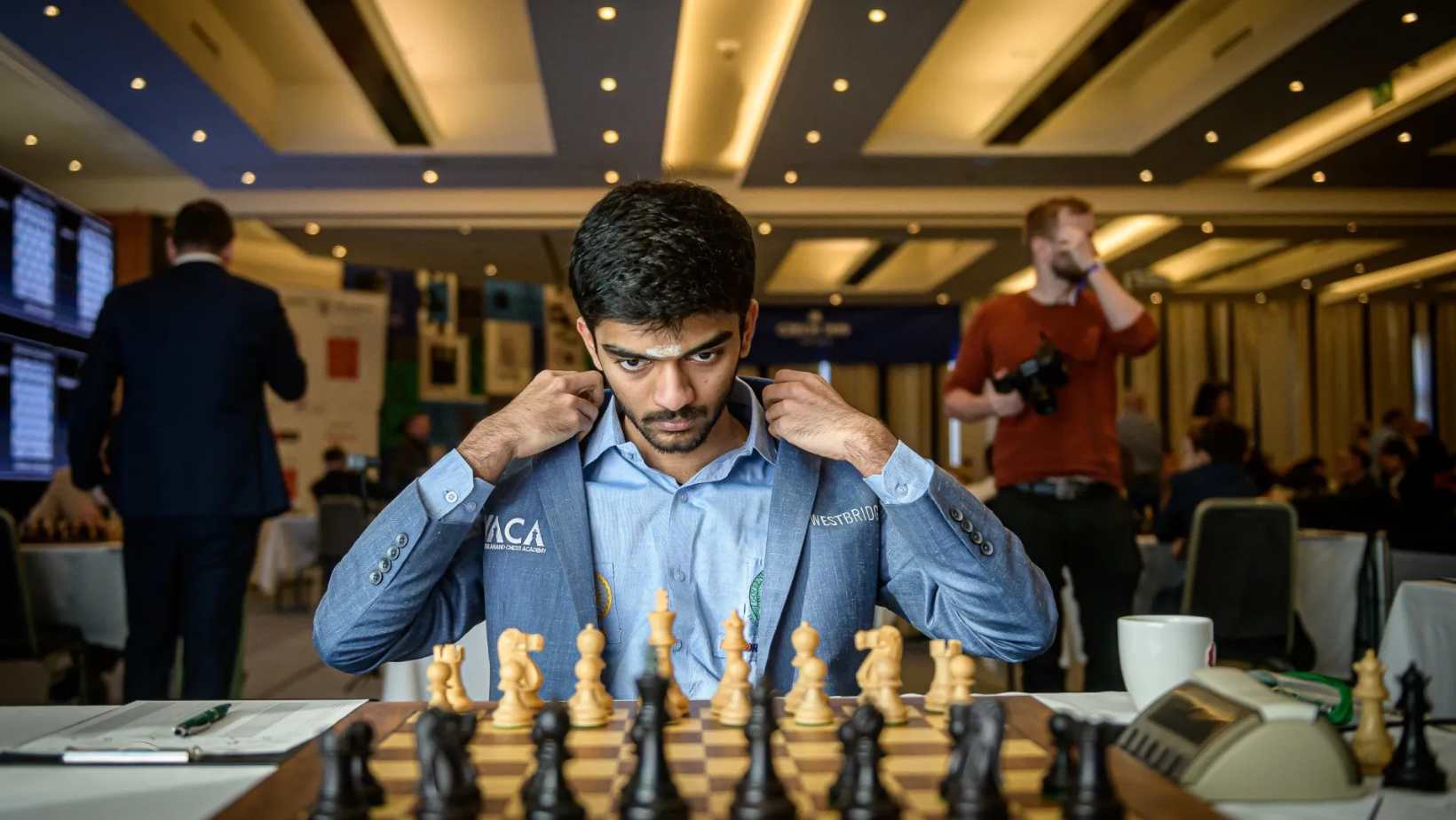The great singer and dissident Marta Kubišová – who many Czechs associate with key moments in the country’s modern history – turns 80 on November 1.
Singer
Marta learned to sing listening to Radio Luxembourg with her brother and tried to play hits on the piano by such artists as Elvis Presley and The Beatles. She had a knack for phrasing lyrics in Czech and a unique, original, distinct color to her voice with the ability to convey emotions when she sang.
In 1961, Marta participated in her first talent show called The Search for Talent, reaching the finals. At her audition at the theater in Pardubice, she caught the eye of composer and future Supraphon producer Bohuslav Ondřáček. She went on to sing with the Alfa Theatre for one season before signing a contract with the prestigious Rokoko Theatre in Prague.
There, she performed with Czechoslovak superstar Waldemar Matuška as well as Helena Vondráčková and Václav Neckar, who later became part of her trio. At the Rokoko theatre, Marta, Helena and Václav performed in a new musical called Waiting for Fame, which brought them instant success.
Marta’s first solo album Songy a Balady was released in 1969, and re-released in 1989, along with a compilation of old songs titled Lampa.
Golden Kid
During the Prague Spring of 1968, a period of political liberalization spread across the country with the election of Alexander Dubček. He established “communism with a human face,” loosening restrictions on media, speech and travel throughout the country.
An air of freedom reverberated and rock and roll reinvigorated the nation. In 1968, Marta was part of this pop boom, singing with the blonde bombshell Helena Vondráčková and singer Václav Neckář, who had a flair for comedy. The trio, known as The Golden Kids, propelled Marta’s career to an all-time high. The group recorded numerous singles and two albums Micro Magic Circus and Music Box No. 1 (Golden Kids 1).
However, the golden days were not to last. The last performance of The Golden Kids took place on January 27, 1970, in Ostrava. The trio was scheduled to perform a series of concerts at the World Ski Championship in Slovakia. Shortly before their departure, allegations arose against Marta on trumped up charges alleged by the communists. This spiraled Marta’s career into darkness for the next 20 years.
Rebel
On August 21, 1968, tanks rolled into Czechoslovakia from Warsaw Pact allies crushing the liberal reform known as Prague Spring. A Prayer for Martha (Modlitba pro Martu) became the anthem of occupied Czechoslovakia.
Originally, the song written by Petr Rada was created for the popular TV series called A Song for Rudolf III. The ballad took on new meaning as tanks rolled into the country. Marta recorded the poetically poignant song singing, “Peace with this country should forever stay. Let anger, envy, grudge, fear and strife cease.”
The communists later banned the song from the airwaves. With that song, Marta became the face for the opposition to the Soviet occupation.
Dissident
During her time as a dissident, the communists banned her music from the airwaves, but Radio Free Europe’s Czechoslovak Service kept playing her music to viewers who managed to tune in. She also auditioned to sing vocals for the Plastic People of the Universe (PPU), a Czech underground rock group who were imprisoned for not conforming their sound to the regime.
The secret police prohibited her from collaborating with the rock group saying they would make her life extremely difficult. She also was a signatory of the human rights manifesto Charter 77, and its spokesperson for a year, which brought even greater scrutiny.
The secret police even utilized the help of her second husband Jan Moravec, who monitored her for them. Later, she helped lead the 1989 Velvet Revolution with her signature ballad A Prayer for Martha, singing from a balcony above Wenceslas Square on November 21, 1989.
The revolution restored freedom and democracy to the nation and marked her return to the stage. In regards to the thousands gathered to see her during the Velvet Revolution, she said in an interview with Prague Radio, “I didn’t cry, I was overcome by the sheer sight of the whole square jammed with people. I said to myself, no singer ever had a comeback like this! Foreign film crews told me people were in tears and when they asked what are you crying for, they said, it’s that woman…”
-
NEWSLETTER
Subscribe for our daily news










